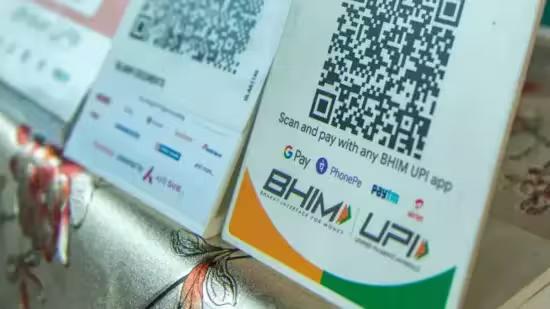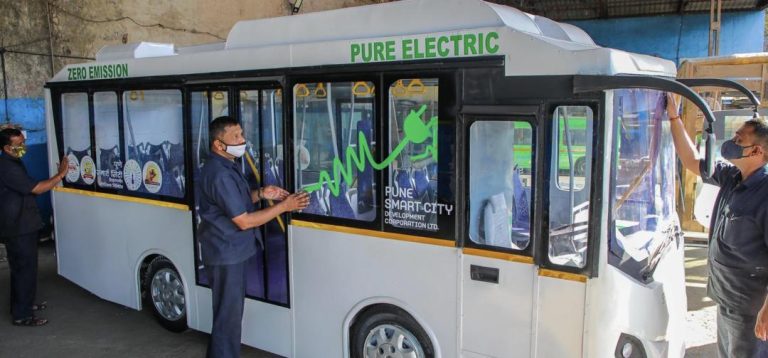
Trinidad & Tobago becomes the first Caribbean nation to adopt UPI
In a significant development, Trinidad and Tobago has become the first Caribbean country to adopt Unified Payments Interface (UPI), India’s flagship digital payment platform. This milestone achievement was marked during Prime Minister Narendra Modi’s two-day official visit to the Caribbean nation. The adoption of UPI by Trinidad and Tobago is a testament to the growing strategic partnership between the two countries and their commitment to leveraging technology to enhance financial inclusion and digital payments.
UPI, developed by the National Payments Corporation of India (NPCI), is a real-time payment system that enables users to send and receive money directly from their bank accounts using a unique identifier, UPI ID. Since its launch in 2016, UPI has revolutionized the way people make transactions in India, and its adoption has been phenomenal. With over 1 billion transactions per month, UPI is now one of the most widely used digital payment platforms in the world.
The adoption of UPI by Trinidad and Tobago is a significant milestone for the country, which is looking to enhance its digital payment infrastructure. The country’s Prime Minister, Dr. Keith Rowley, has announced plans to digitize the country’s economy, and the adoption of UPI is a key part of this strategy. The platform will enable Trinidad and Tobago’s citizens to make seamless and secure transactions, both domestically and internationally.
The adoption of UPI is not the only area where India and Trinidad and Tobago are cooperating. During PM Modi’s visit, the two countries also agreed to explore further collaboration in the implementation of India Stack solutions, including DigiLocker, e-Sign, and Government e-Marketplace (GeM). India Stack is a set of APIs that enable governments and businesses to build various services on top of the platform. DigiLocker is a digital locker service that allows citizens to store and access their documents digitally. e-Sign is an electronic signature service that enables businesses to get electronic signatures from citizens. GeM is an e-commerce platform that enables government buyers to purchase goods and services from suppliers.
The collaboration on India Stack solutions is significant, as it will enable Trinidad and Tobago to leverage India’s expertise in digital governance and build its own digital infrastructure. The country can use DigiLocker to store and access its citizens’ documents digitally, e-Sign to enable electronic signatures, and GeM to streamline its procurement process.
The adoption of UPI and the collaboration on India Stack solutions are significant not only for Trinidad and Tobago but also for the entire Caribbean region. The region has been looking to enhance its digital payment infrastructure, and the adoption of UPI by Trinidad and Tobago can serve as a model for other countries in the region.
The growth of digital payments in the Caribbean region is being driven by the increasing adoption of mobile phones and the growing demand for cashless transactions. The region’s banks and financial institutions are also looking to leverage technology to reduce transaction costs and improve customer experience.
India’s experience in digital payments can be a valuable lesson for the Caribbean region. India’s digital payments landscape has been transformed in the past few years, thanks to the adoption of UPI and other digital payment platforms. The country’s digital payments transaction value has grown exponentially, and it is now one of the largest digital payment markets in the world.
In conclusion, the adoption of UPI by Trinidad and Tobago is a significant milestone for the country and the Caribbean region. The platform will enable citizens to make seamless and secure transactions, both domestically and internationally. The collaboration on India Stack solutions is also significant, as it will enable Trinidad and Tobago to leverage India’s expertise in digital governance and build its own digital infrastructure.






